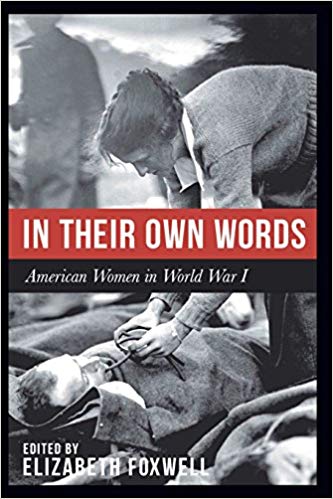Veterans Day: “Quiet on Western Front” Sequel
 To mark the hundredth anniversary of the end of World War I, the Library of Congress is previewing a newly restored film sequel to the classic war movie “All Quiet on the Western Front.”
To mark the hundredth anniversary of the end of World War I, the Library of Congress is previewing a newly restored film sequel to the classic war movie “All Quiet on the Western Front.”
The 1937 film sequel, titled “The Road Back,” follows German soldiers from the Armistice through their return home. The film is based on the novel of the same name by Erich Maria Remarque, who also wrote the earlier work.
The film screening will be held on Saturday, November 10, as part of a special Veterans Day program at the Library. The events also include a panel discussion on writing as a means of coping with war’s trauma. The events are all free, but advance tickets are required (reserve online).
The novel All Quiet on the Western Front sold 2.5 million copies in 22 languages in its first 18 months in print. That book and its 1930 sequel were among the books banned and burned in Nazi Germany.
For the last year the Library of Congress has featured an excellent exhibit on World War I, “Echoes of the Great War.” I toured it several months ago after my monthly shift giving public tours at the Library of Congress. Docent-led tours are available several days a week.
The exhibit incorporates digitized archival film footage, iconic posters, manuscripts from the Woodrow Wilson papers, letters and diaries, and other materials from the Library’s vast collections.
My personal interest in the subject stems in part from knowing that Eliza Scidmore, the subject of my book in progress, did some reporting on the war. Elizabeth Foxwell, an author in the Washington area, included a selection by Scidmore in an anthology of writings by women recounting their experiences in World War I.
For the anthology, In Their Own Words, Foxwell researched a wide range of sources to compile a cross-section of writings that include letters, journal entries, and article.
I heard Foxwell speak when she launched the book in 2015. She said she wanted to show the broad diversity of women and their work in the war, as told from their own perspective.
She said she wanted to show the broad diversity of women and their work in the war, as told from their own perspective.
Most people think women’s service in World War I was limited mainly to nursing. But Foxwell also uncovered writings by women who worked as canteen operators, librarians, clerks, switchboard operators, Red Cross volunteers, U.S. Navy “yeomanettes,” even a female barnstormer.
Thousands of women served overseas even before America entered the war in 1917, Foxwell noted. They worked under Allied nations and nongovernmental groups, providing medical care and other services.